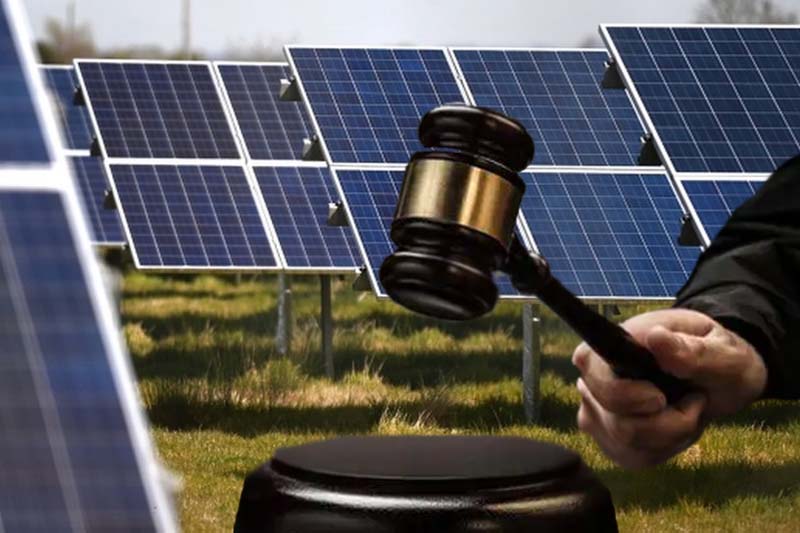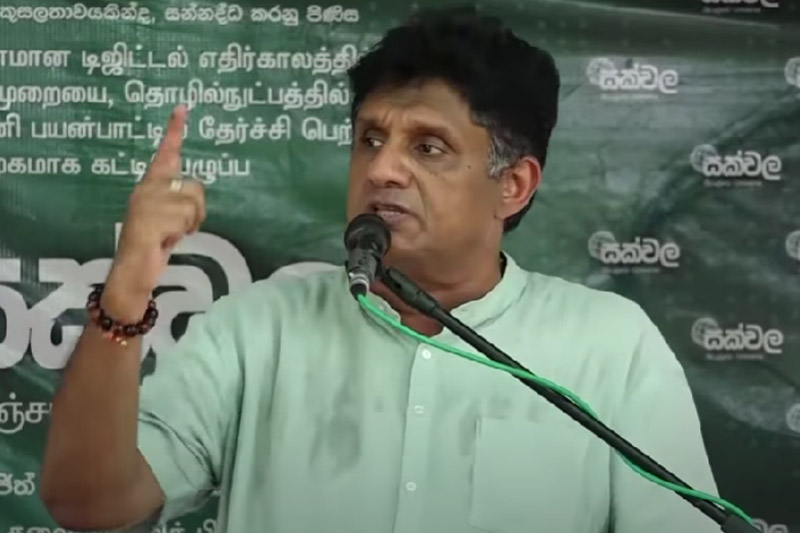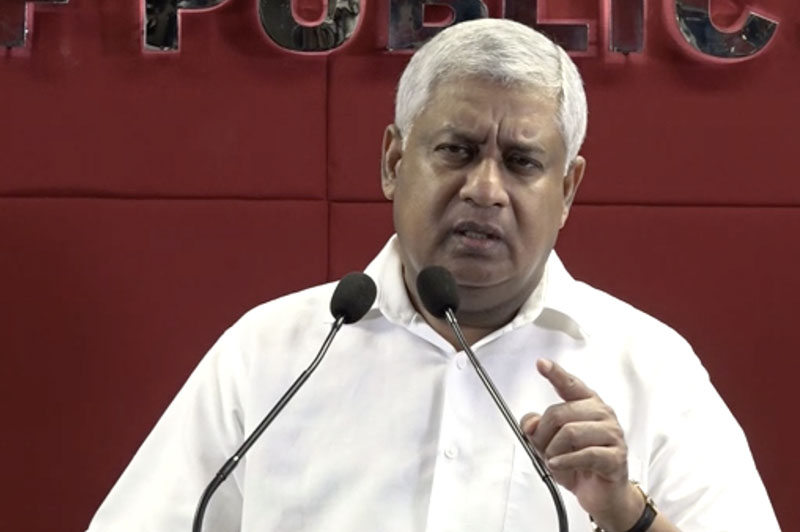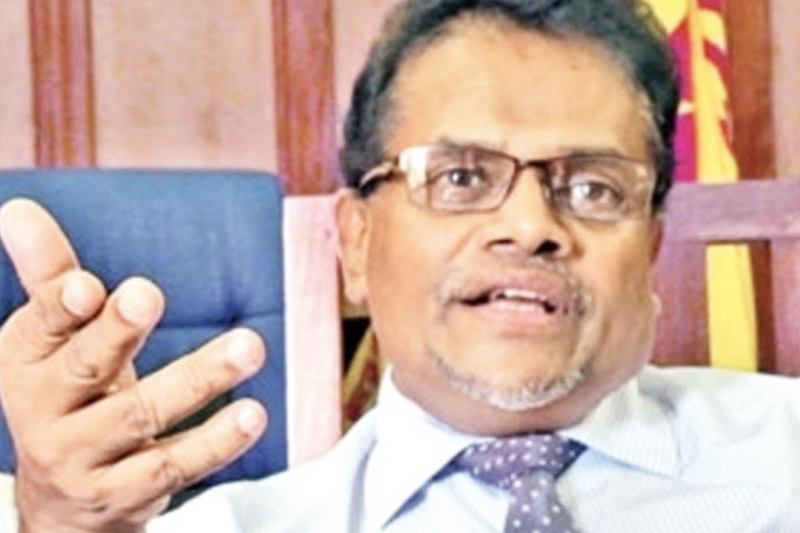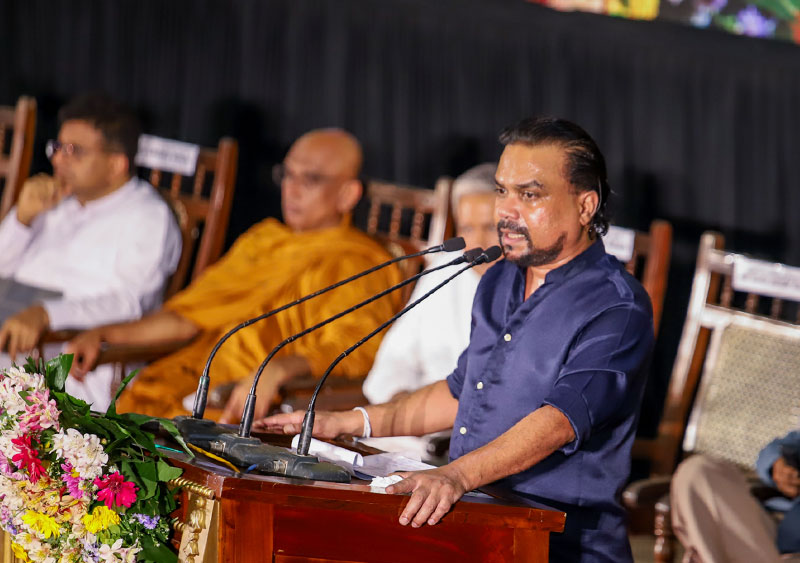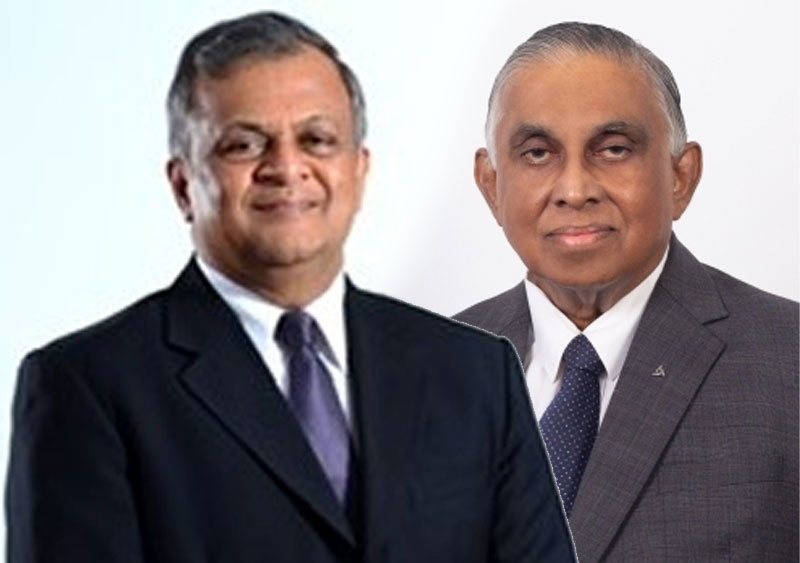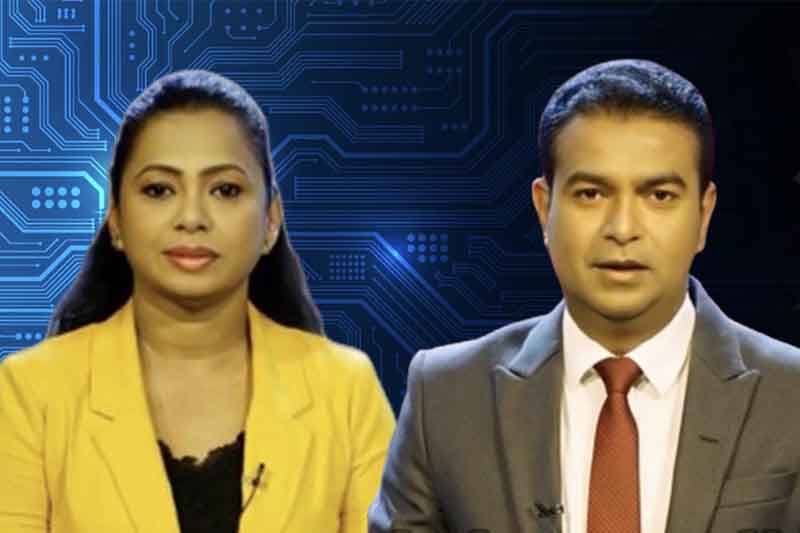The Supreme Court in a landmark judgment held that the belated position taken up by the Ceylon Electricity Board (CEB) and its refusal to issue a permit to operate a solar power electricity generation plant in Vavuniya was contrary to the law and both the CEB and Sri Lanka Sustainable (SLSEA) Energy Authority have unlawfully and miserably failed in the performance of their duty towards the public in encouraging project proponents to harvest green energy sources.
While handing out a 103-page judgment, the Supreme Court ordered the CEB to forthwith issue a permit to Vavuniya Solar Power (Private) Limited in accordance with the law, to operate the Solar Power Plant.
The petitioner, Vavuniya Solar Power (Private) Limited filed this Fundamental Rights petition challenging CEB’s decision not to grant approval to operate a solar power electricity generation plant in Vavuniya.
However, the position of the CEB was that in view of an amendment introduced to the Sri Lanka Electricity Act in 2013, it became no longer possible to issue a ‘Letter of Intent’ to the petitioner.
Meanwhile, the Supreme Court ordered the CEB, which has been primarily responsible for the infringement of the fundamental rights of the petitioner, to pay the petitioner a sum of one million rupees as damages.
Justice Yasantha Kodagoda observed that Court was regrettably compelled not to fully compensate the petitioner because, making such an order for full reparation will only result in the Consolidated Fund having to bear such burden, which would eventually result in the tax paying public having to suffer further hardships.
The Supreme Court further directed the Secretary to the Ministry of Power and Energy to conduct an investigation into this matter and take action according to law against those identified for having infringed the fundamental rights of the Petitioner.
The Supreme Court further observed that the legitimate expectations of the petitioner have been frustrated by the CEB, initially by its inordinate delay and thereafter its refusal to issue the ‘Letter of Intent’, to the petitioner.
“The repercussions of the CEB and the SLSEA in not having encouraged and facilitated entrepreneurs to, through private enterprise, generate electricity by tapping renewable energy sources and feed such electricity to the national grid, was only too evident in the year 2022, when the country and her people had to suffer severely due to the insufficiency of electricity generation and the over dependence on petroleum as a means of generating electricity. This situation resulted in power outages of long duration, which affected the daily lives of the public at large and resulted in serious consequences to trade, industry and commerce,” Justice Kodagoda added.
The Supreme Court three-judge-bench comprised Justices Gamini Amarasekara, Yasantha Kodagoda and A.H.M.D. Nawaz. President’s Counsel Faiz Musthapha with Chanaka De Silva PC, Counsel Faisza Markar and T. Machado appeared for the petitioner. Attorney General Sanjay Rajaratnam appeared for the respondents.
(sundaytimes.lk)

